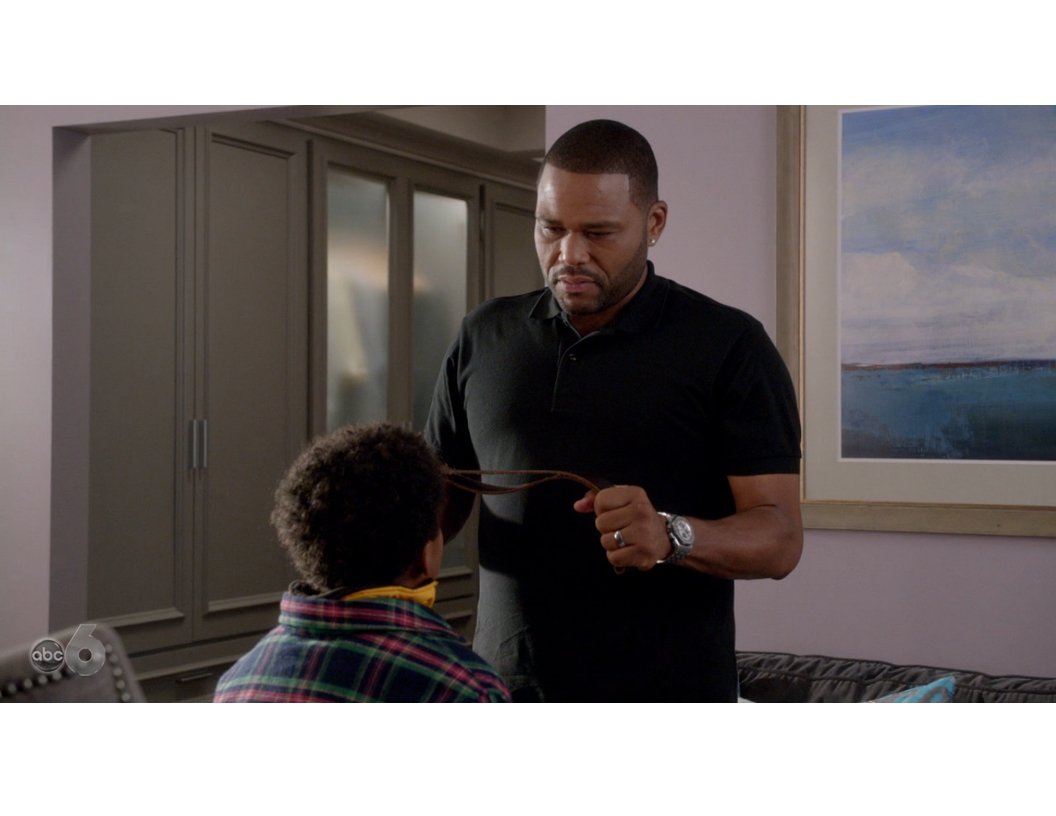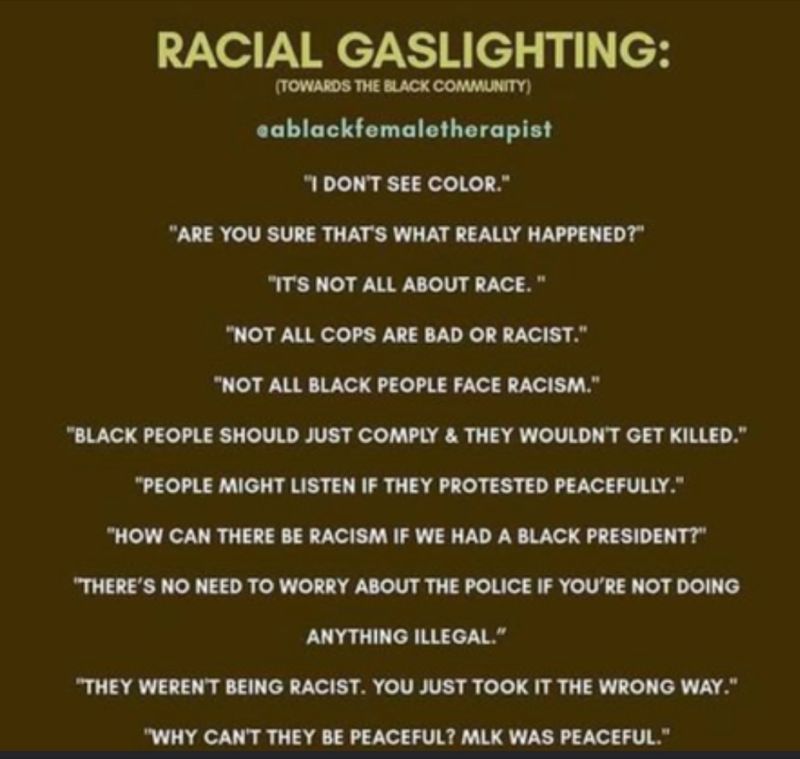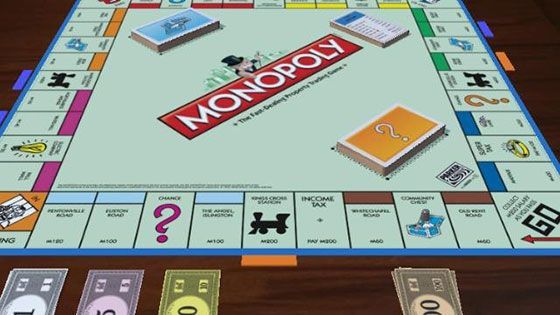To Spank or Not to Spank: Watching Black-ish and Thinking about Punishment
My new favorite show is Blackish, a new comedy that airs on ABC. It features an upper middle-class black family’s consistent inner struggle to fulfill racial stereotypes or find solace in alternative ways of living their lives. This week’s episode focused on Andre, the father, and Rainbow, his wife, fluctuating in-between whether or not to spank their son, Jack, for disobeying them.
In light of football player Adrian Peterson’s approach to the punishment of his son , we have been reminded of the significant amount of research regarding the effects of corporal punishment. Regardless of class or race, people aligned themselves with different points on the spectrum of pro- to anti-spanking. I remember getting maybe five spankings in my life. Two of them came from my grandmother. Those two incidences were the classic “go pick your switch from off the tree ” type whoopin’s (as we called them). But my mother was a little different.
She prioritized having conversations with me regarding my behavior. For example, I remember getting in trouble at nine-years-old for writing my name in wet cement. The conversation was not only about how I defaced property, but also about how the person who worked to lay the cement now has to come back and do it again just because I wanted to have a little fun. It wasn’t fair to them. I’ve taken that approach with my son, but he has challenged me to really think differently about punishment. Here are a few things that I realized on this parenting journey:
- Spankings don’t work for him: My son doesn’t like spankings, but they have a relatively indifferent affect on him. For the moment, he is sad, upset and wished that he didn’t get a spanking. But it doesn’t necessarily change his behavior. It doesn’t make him reflect on what to do differently or how to be a better person. If anything, it makes him think of new ways to ensure he doesn’t get caught again. That’s not the kind of son I want to raise.
- I realized spankings were for me: knowing that my son behavior really doesn’t change with spankings I’d spank him anyway. But what I realized, is that it’s really about me releasing my frustration about his behavior. I discovered if I walk away, take a moment to myself, think about what he did, why he did it, what I want him to do differently, and the best way to help him move in a more positive direction, I’m less angry and I’m less likely to spank him.
- I don’t want him to fear me: I’ve heard many stories of adults jokingly talk about the fear they had for one or both of their parents. This fear, according to them, is what kept their behavior in-check. But my concern is my son not forming his own internal gauge that determines the pros and cons of his behavior regardless of whether or not I will punish him. Meaning, if the fear of a spanking is the only thing that keeps his behavior in-check, what happens when I’m not there anymore? I don’t mean if I die or go away and never see him again. I mean when I don’t pose an imminent threat. When he’s a teenager and he’s facing a decision to make a good or bad choice and spanking is not an option, what motivates him to make the right choice? Or when he is an adult, if corporal punishment was the main determinant of whether or not he will make a good choice, how am I really preparing him to be a productive adult if he hasn’t shaped his internal moral gauge? My goal is not to be my child’s best friend, rather my goal is to shape a relationship of respect while he’s learning to be a better human overall.
- My son responds to environments: My son goes almost everywhere with me. Everything from community service projects to corporate meetings. He always gets compliments about his behavior, manners, and confidence. He’s been like this since he was four years old. But from kindergarten to second grade he would be someone else when he was in certain environments. When he was at school or with certain parents he will be an entirely different person. He will misbehave, have tantrums, be a bully, and just generally insubordinate. This was not behavior that I experienced at home or when he was with my family. In his previous educational environments (we were in a homeschool group first and then went to traditional school), I encouraged teachers to create an environment of responsibility and positive reinforcement. They didn’t see the value in it, thus didn’t comply. When they attempted to implement my suggestions, they would insert a negative component or bribe him (i.e. “if you don’t sit down you won’t get a sticker!”) It doesn’t work like that. He has recently changed schools and I see a huge change in his behavior. The difference is that the teacher and the entire school has a high focus on responsibility and positive reinforcement. It requires the same mental shift my son has at home. His focus is not on how to not be bad rather his focuses on ways to be good.
- But sometimes being positive isn’t enough: Sometimes he still needs negative consequences. I have two approaches: Taking away privileges and physical activity. I have implemented positive things that we do throughout the week that can be taken away. Consequences include not playing his gaming system, not going to his friends’ house, not getting to choose what we have for dinner, or he and I not going to some of his favorite places. He also has to do physical activities. He’s had to run, do sprints, push-ups, Burpee’s, jumping jacks, and/or wall sits for a designated amount of time. During this time he would have to repeat what his new behavior will be (i.e. “I’ll be nice to my classmates… I’ll turn my homework in on time… I will do what I’m told the first time… etc.)
- My opinion matters to him: when he does something well and he has demonstrated hard work I ensured to celebrate him… maybe even exaggerate a bit. Usually that means calling family, putting them on speakerphone and saying “Ooh my goodness!!! He made the honor roll!!!” then usually his grandmother, grandfather, and cousins get on speakerphone as well or call him throughout the day to tell him how proud they are of him. But when his behavior is not good, he’s made aware of all of our disappointments and we know that he’s better than the behavior he displayed.
So, I agree with Andre’s ultimate decision to not spank his son Jack. Like my son, Jack did not have malicious intent. His attempt to have fun with his parents was done at the most inappropriate times. And I think Andre recognized that spanking will not help Jack understand the true lesson: there’s a time and a place for everything. Maybe we can all think about how we can teach such lessons that transcends age and shape consequences that are best suited for individual children.











